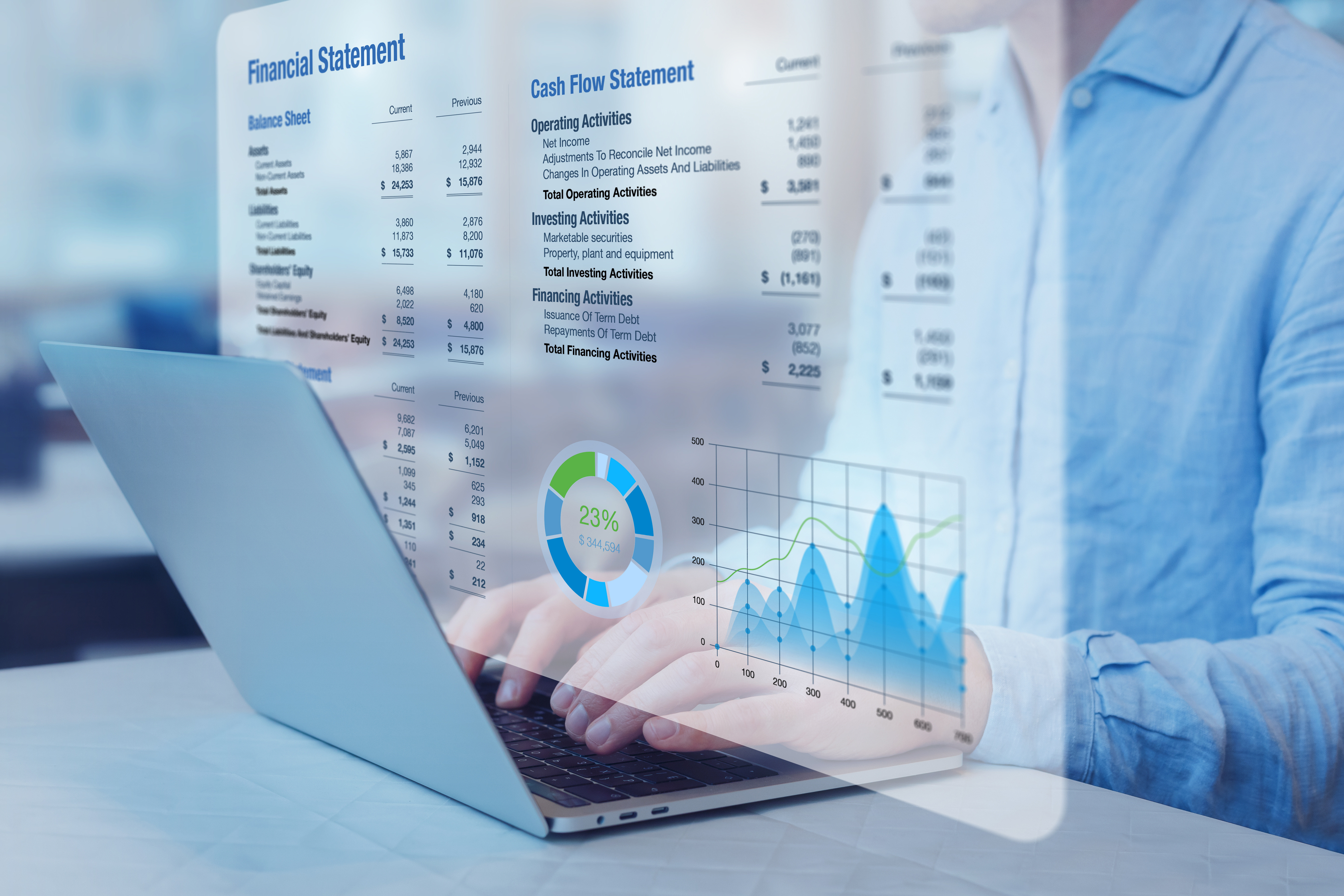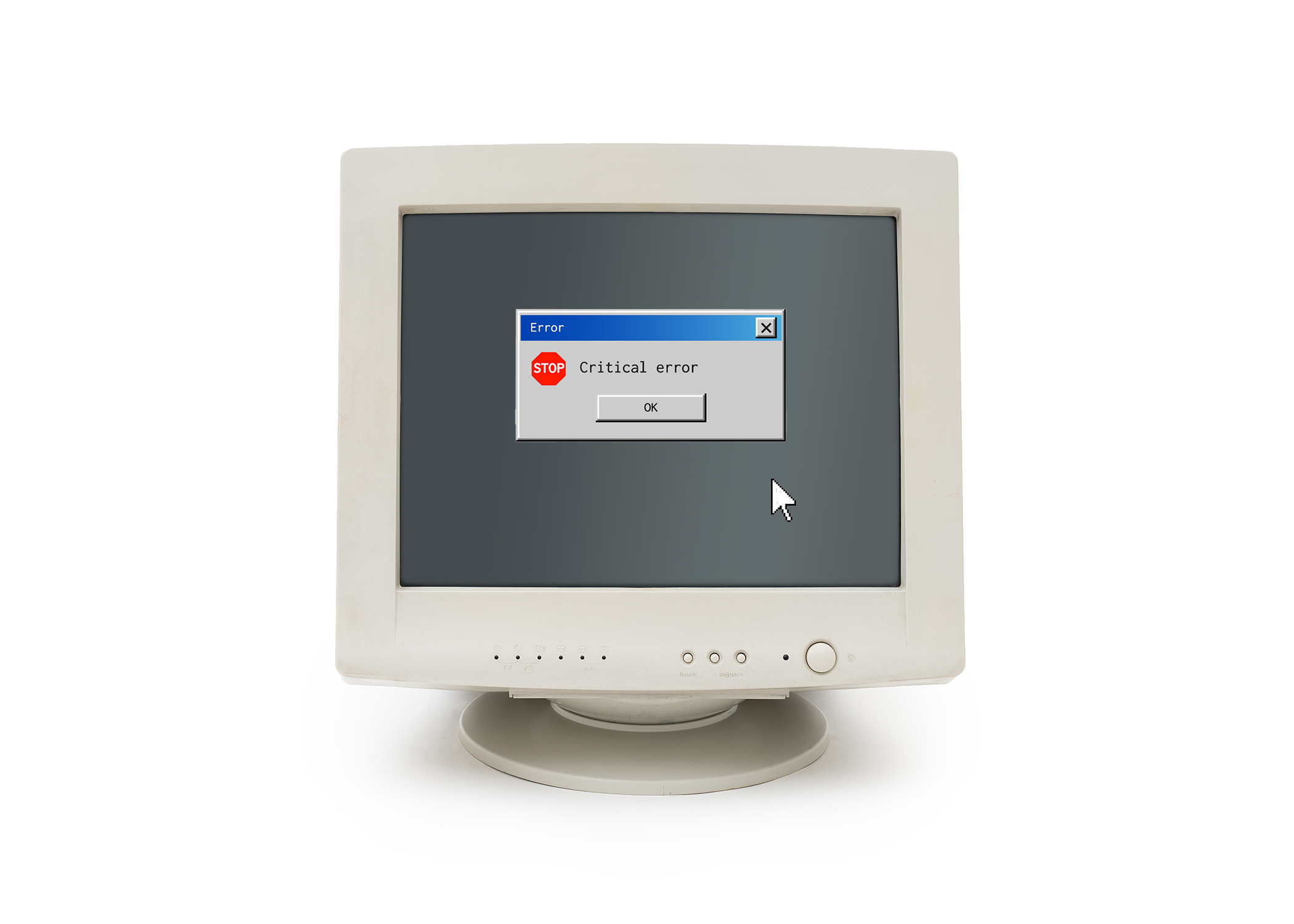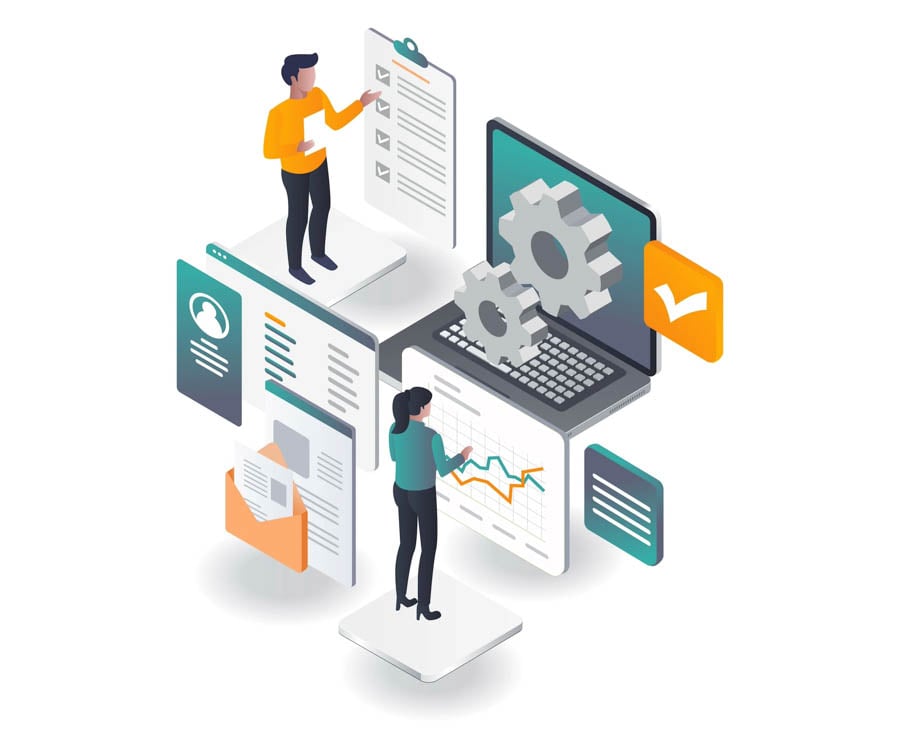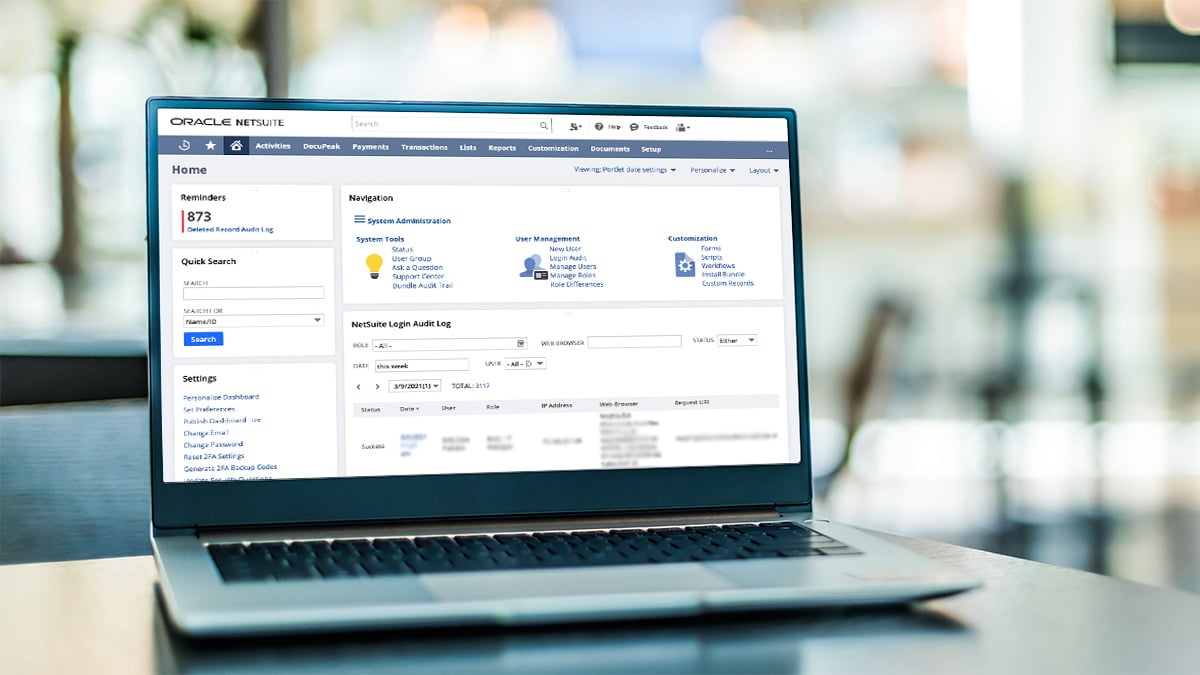In-depth, comprehensive coverage of cornerstone ERP topics.
Accounting software delivers the core functionality required for businesses to track and maintain day-to-day financial transactions. However, it is also so much more than just managing the General Ledger or balancing the books. Accounting software can also be a diverse network of applications working together to take an organization's financial operations to the next level. From AI-enhanced analytics tools to automated reporting, the market has a lot to offer, which is why ERP Advisors Group has compiled the ultimate guide to accounting software.

The downfall of a business as a result of its legacy ERP system can be defined by any one or a combination of factors. While the thought of a company-wide ERP transition can be terrifying, confronting the risks to the business' competitiveness for skilled resources and strategic customers can be an entrance point to finding the hidden costs that will provide enough business benefits for an ERP upgrade.

With major technological trends defining 2024, alongside industry-specific enhancements and the emergence of AI-related innovations, customers on the market for a new ERP can expect to get the most out of their investment in 2025.

ERP implementations aren’t naturally destined for failure. The key to success lies in understanding the enormous scope of such projects, and finding someone who can orchestrate the endless details, features, and moving parts into a successful go-live. These are the new rules of ERP implementation success.

Don't rely on beginner’s luck with your ERP selection. It is hard to accidentally get it right. It is all too easy to accidentally get it wrong. Use this guide to help you prepare for your ERP selection journey. If this is your first time selecting an ERP solution, it helps to have a breakdown of what tasks are involved. The process can be complex, so we condensed all major components of the ERP selection process into simple milestones to help you plan your project.

We put together this in-depth, unbiased guide to help you decide whether NetSuite is the best ERP for your organization. Learn how to find the right NetSuite partner for your project, and find out how project management can help make your NetSuite implementation successful.

Microsoft needs little introduction as a dominant global technology vendor. In this evaluation of Microsoft Dynamics 365, we will focus on Business Central and Finance & Operations, with a look at how to determine if they are suited for your organization.

ERP is an acronym that stands for Enterprise Resource Planning. An ERP system is a suite of business applications used to automate business processes and manage resource data across the entire enterprise, hence the name ERP system! Any organization across all industries can use ERP systems, from for-profit wholesale distributors, manufacturers, technology and services firms to nonprofit organizations and government agencies and beyond. ERP systems work across the organization but many have adapted specializations, providing deeper functionality for industry-specific functionality.

Terms & Conditions | Privacy
© 2025 ERP Advisors Group